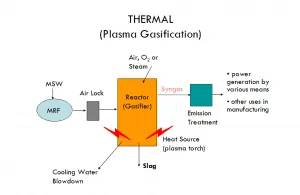


The Town of Chapel Hill (the Town) contracted SCS Engineers to provide professional engineering services for a Comprehensive Review of Solid Waste Collection and Disposal Options (Study). The purpose of the Study was to examine the Town’s current solid waste collections and disposal programs to identify opportunities to enhance these services, improve efficiencies, and evaluate the applicability of innovative technological developments in the solid waste industry, including: recycling, re-use, organics diversion, waste conversion, and waste-to-energy (WTE). The results of this evaluation were used by Town Council, Solid Waste Services Division (SWSD) staff and other Town staff to guide decision making when considering current and future solid waste management issues.
The Study also reviewed opportunities for collaborative partnership to assist in enhancing the solid waste management system. Lastly, when evaluating identified options, the Study considered the Town’s organizational values, and commitment to sustainability social equity, economic vitality, and environmental stewardship.
SCS Engineers evaluated a series of issues and alternatives relative to the Town’s solid waste collection, disposal, and recycling functions. The major findings, conclusions, and recommendations resulting from these evaluations were summarized in the final report. Background information on the Town’s demographics, solid waste generation, current solid waste system and budget, and operational practices is provided within the body of the report. SCS made several presentations to the Town Council and addressed many issues regarding the sustainability of the Town’s solid waste management system and steps the Town can make toward a sustainable program.